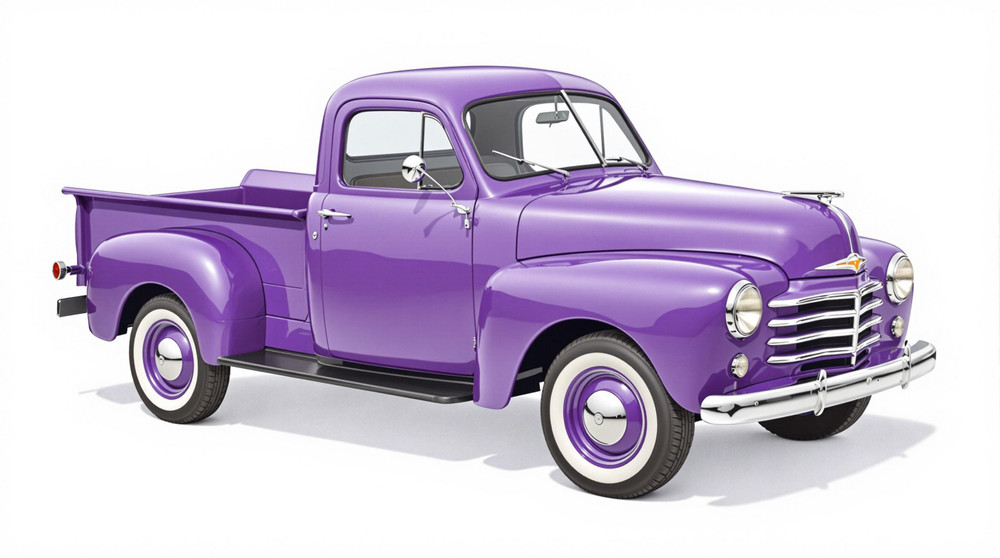Image of 1951 Studebaker 2r17a, Note: These illustrations use artistic license and may differ from actual historical models.
Performance Metrics
Fundamental Metrics
Emotional Appeal
MMP Rating
| Engine Specifications | |
|---|---|
| Engine: | Inline 6 |
| Displacement: | 170 cubic inches |
| Horsepower: | Estimated 85-100 hp |
| Torque: | 150 lb-ft |
| Compression Ratio: | Estimated 7.0:1 |
| Ignition System: | Distributor and coil |
| Cooling System: | Liquid-cooled |
| Performance Specifications | |
| 0-60 Time: | Information not available |
| 1/4 Mile Time: | Information not available |
| Top Speed: | 75 mph |
| Transmission and Drive | |
| Drive Type: | Rear-wheel drive |
| Transmission Type: | 4-speed manual |
| Fuel and Efficiency | |
| Fuel System Type: | Carburetor |
| MPG: | Estimated 15-20 mpg |
| Dimensions and Brakes | |
| Brakes: | Drum brakes |
| Wheelbase: | 122 inches |
| Weight: | Estimated 3,200 lbs |
Note: Specifications for classic cars are given to the best of our ability, considering the limited and variant data available.
Unveiling the Workhorse of Mid-Century America: The 1951 Studebaker 2R17A
The heart of American ingenuity often beats strongest in its practical creations, and the 1951 Studebaker 2R17A is no exception. Born in an era of post-war optimism and industrial prowess, this vehicle emerged from the Studebaker Corporation of South Bend, Indiana, a company with a storied legacy dating back to the days of horse-drawn wagons. The 2R17A was not just a truck; it was a symbol of the American dream, transforming from war-time production to peacetime utility. A unique fact that sets this model apart is its use as a fire truck in several rural communities, showcasing its versatility and reliability.
Design and Innovation
With its distinctive bullet-nose front end that seemed to slice through the air, the Studebaker 2R17A's exterior styling was both bold and functional. The truck's body was a testament to Studebaker's commitment to design, featuring a wraparound rear window and a high-visibility cab. Inside, the cabin was Spartan yet comfortable, with durable materials meant to withstand the rigors of daily use. Technologically, it boasted features like an advanced overhead-valve six-cylinder engine, which was quite innovative for its time. While color options were limited compared to today's standards, the deep greens and blues were popular among buyers. The most iconic body style was undoubtedly the long-bed version, which became synonymous with American industry.
Historical Significance
The 1951 Studebaker 2R17A's impact on automotive design was subtle yet profound. It set a precedent for utility vehicles that were not only functional but also stylish. Its design cues would echo in various models for years to come, proving that work vehicles did not have to sacrifice aesthetics for utility. The 2R series, and particularly the 2R17A, stood out for its build quality and became a beloved part of America's automotive landscape.
Performance and Handling
Performance-wise, the 2R17A was never meant to break speed records, but its robust engine provided enough power to haul heavy loads reliably. Its top speed was modest by today's standards, yet it was competitive for its time. Handling was straightforward and honest; the truck communicated road conditions without filter, allowing drivers to feel connected to their route. Driving a 2R17A was about experiencing the raw, unadulterated essence of driving—a symphony of mechanical simplicity.
Ownership Experience
Owners of the 1951 Studebaker 2R17A used their trucks for everything from farm work to small business operations. Its maintenance was relatively easy, thanks to the simplicity of its design and the wide availability of parts. While it wasn't uncommon for these trucks to be used in local races or as show cars, their primary role remained utilitarian.
Fun Facts
The Studebaker 2R17A has its share of quirks and trivia. For instance, it's rumored that a few were converted into makeshift RVs by adventurous owners. Although it didn't set any speed records, its endurance and reliability were legendary among those who worked with them daily. Criticisms were few but typically centered around its no-frills interior—something that didn't bother most owners who valued function over form.
Collector's Information
Today, the value range for a well-preserved 1951 Studebaker 2R17A can vary significantly based on condition and originality. With production numbers not as high as some mass-produced vehicles of the era, it's estimated that only a few thousand were made. As such, they can be quite rare on the collector's market. Prices have been appreciating slowly over time as enthusiasts seek out these icons of American resilience. Depending on condition and originality, one could expect to see prices ranging from $10,000 to over $30,000 for pristine examples.
Conclusion
The 1951 Studebaker 2R17A stands as a testament to a time when functionality and beauty were not mutually exclusive in vehicle design. It represents an era when reliability meant more than just getting from point A to point B—it meant helping rebuild a nation. As we look back on this classic piece of Americana, we are reminded that sometimes the most extraordinary things are those built for ordinary purposes.
1951 Studebaker 2r17a Catalog of Parts
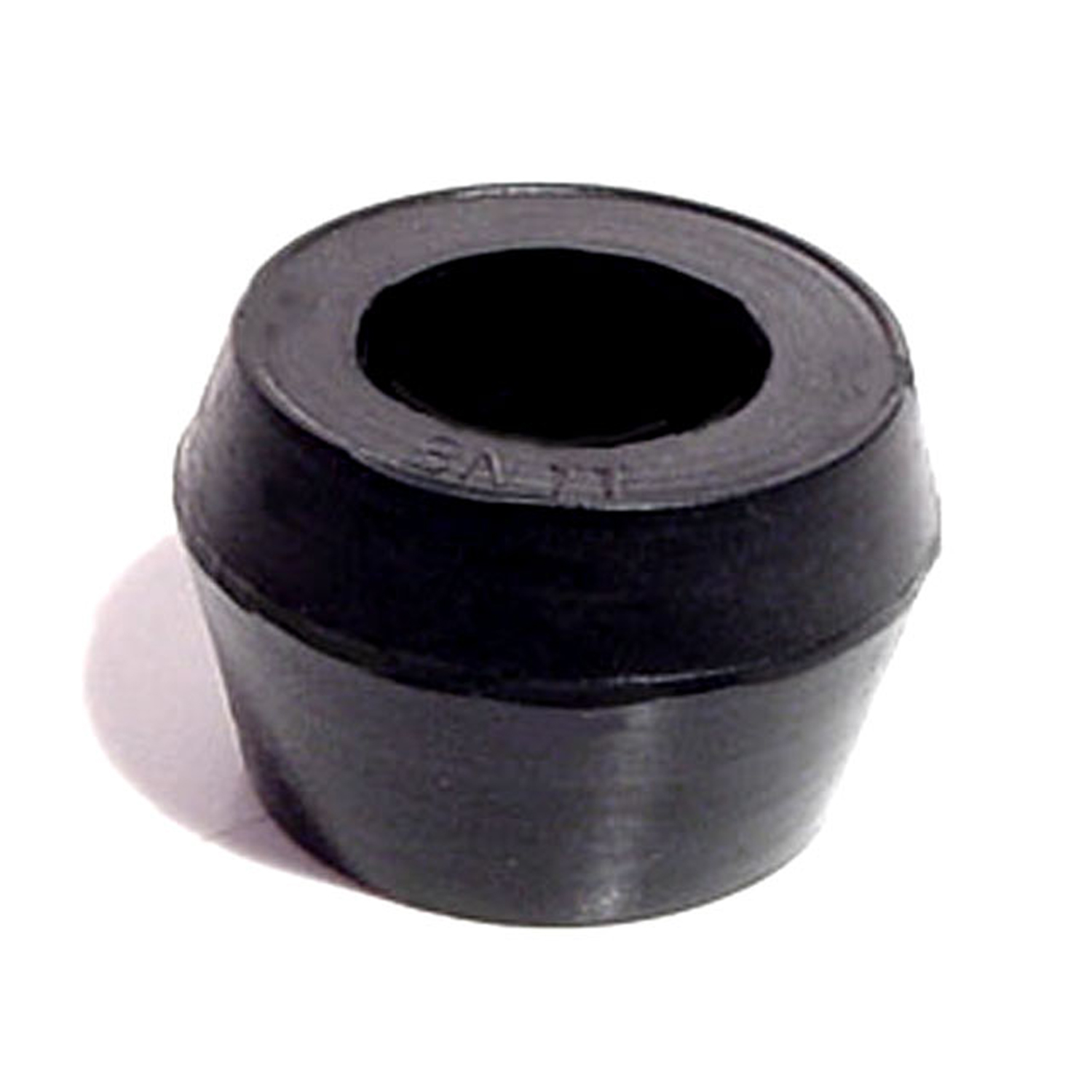 1951 Studebaker 2R17A Shock Absorber Grommet. 1" bottom O.D-BN 11Shock Absorber Grommet. 1" bottom O.D., 3/4" high, with 5/8" I.D. Each
1951 Studebaker 2R17A Shock Absorber Grommet. 1" bottom O.D-BN 11Shock Absorber Grommet. 1" bottom O.D., 3/4" high, with 5/8" I.D. Each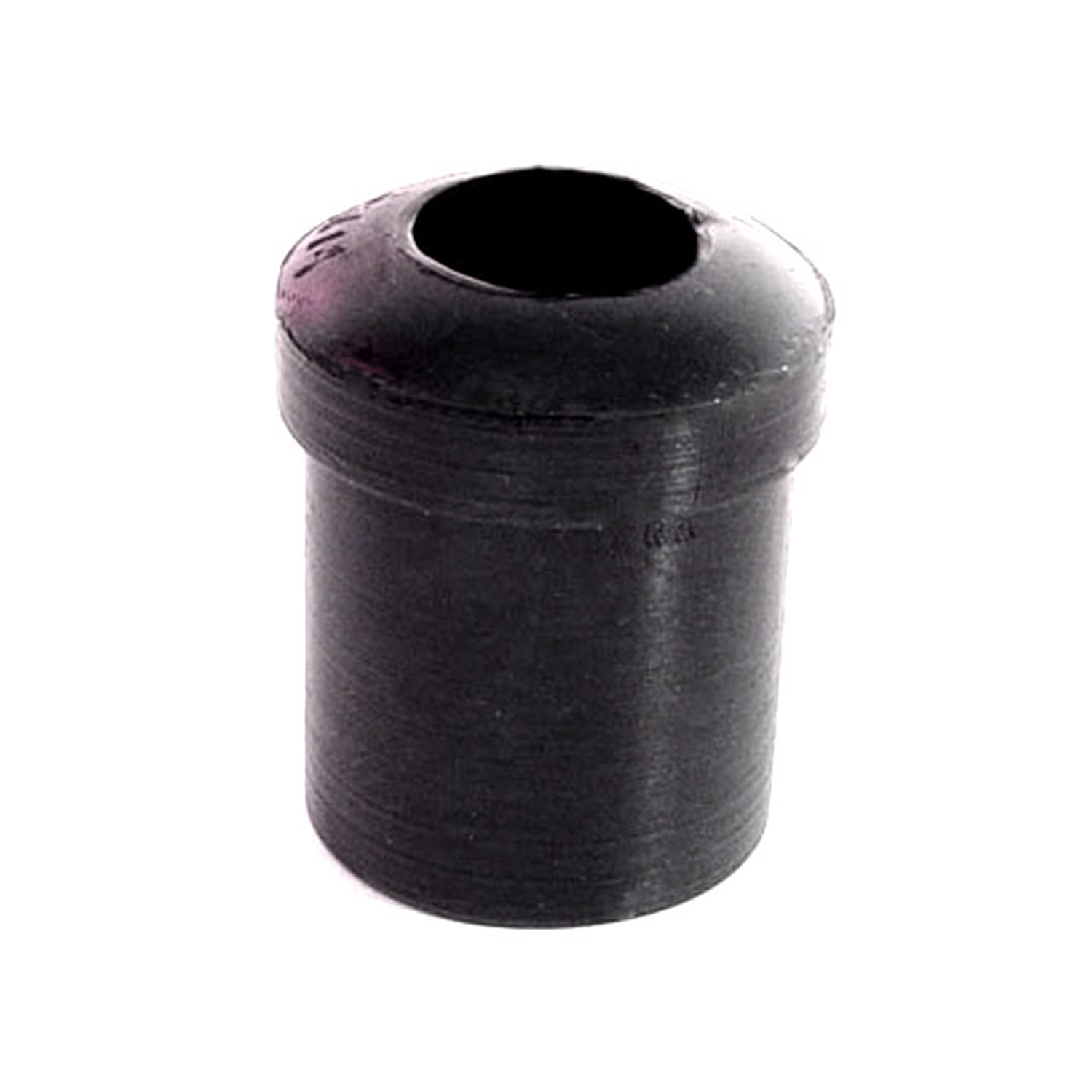 1951 Studebaker 2R17A Spring and Shackle Bushing. 1-1/16" bottom O.D-BN 14Spring and Shackle Bushing. 1-1/16" bottom O.D. X 1-1/2" high, with 5/8" I.D. Each
1951 Studebaker 2R17A Spring and Shackle Bushing. 1-1/16" bottom O.D-BN 14Spring and Shackle Bushing. 1-1/16" bottom O.D. X 1-1/2" high, with 5/8" I.D. Each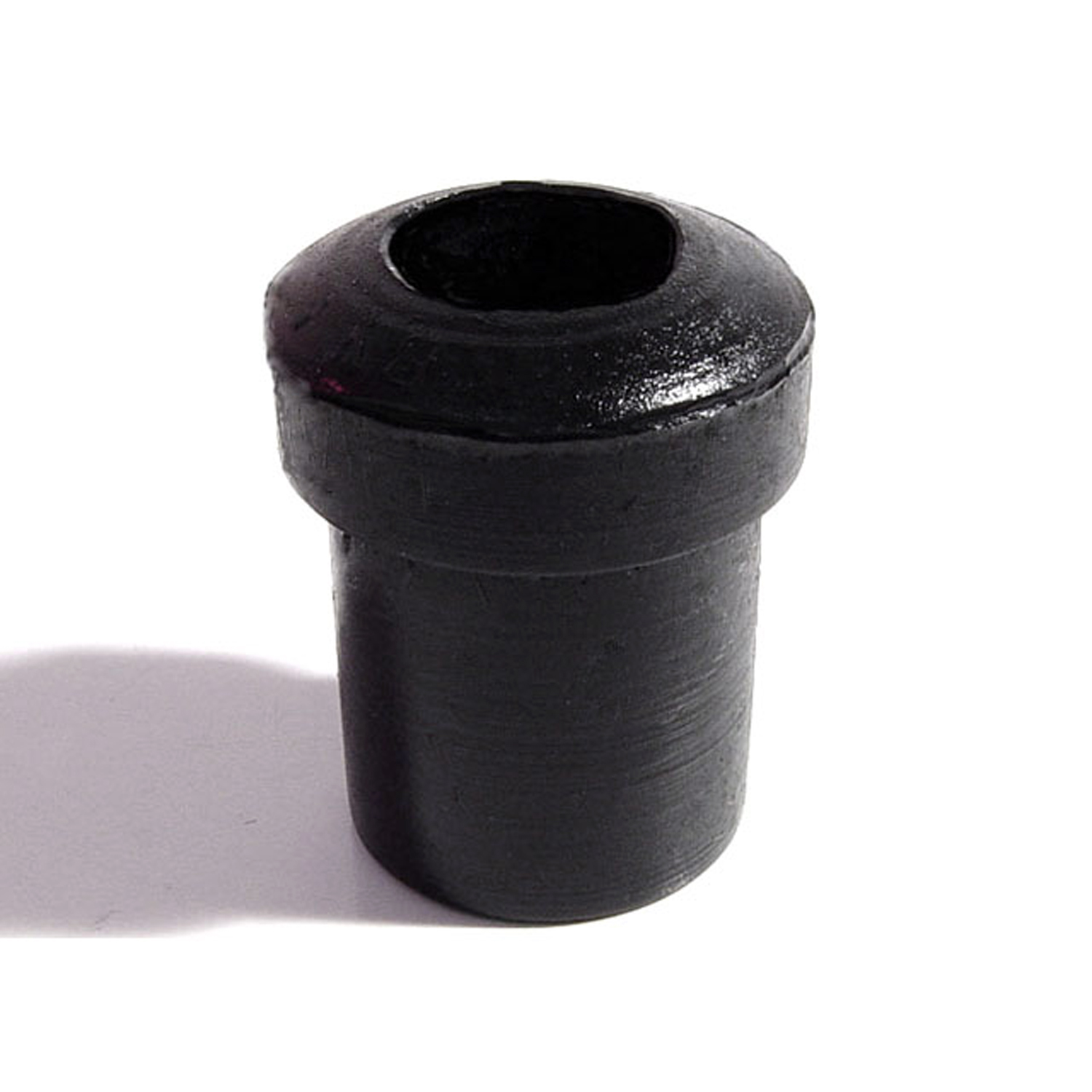 1951 Studebaker 2R17A Spring and Shackle Bushing. 7/8" bottom O.D-BN 16Spring and Shackle Bushing. 7/8" bottom O.D. X 1-1/8" high, with 1/2" I.D. Each
1951 Studebaker 2R17A Spring and Shackle Bushing. 7/8" bottom O.D-BN 16Spring and Shackle Bushing. 7/8" bottom O.D. X 1-1/8" high, with 1/2" I.D. Each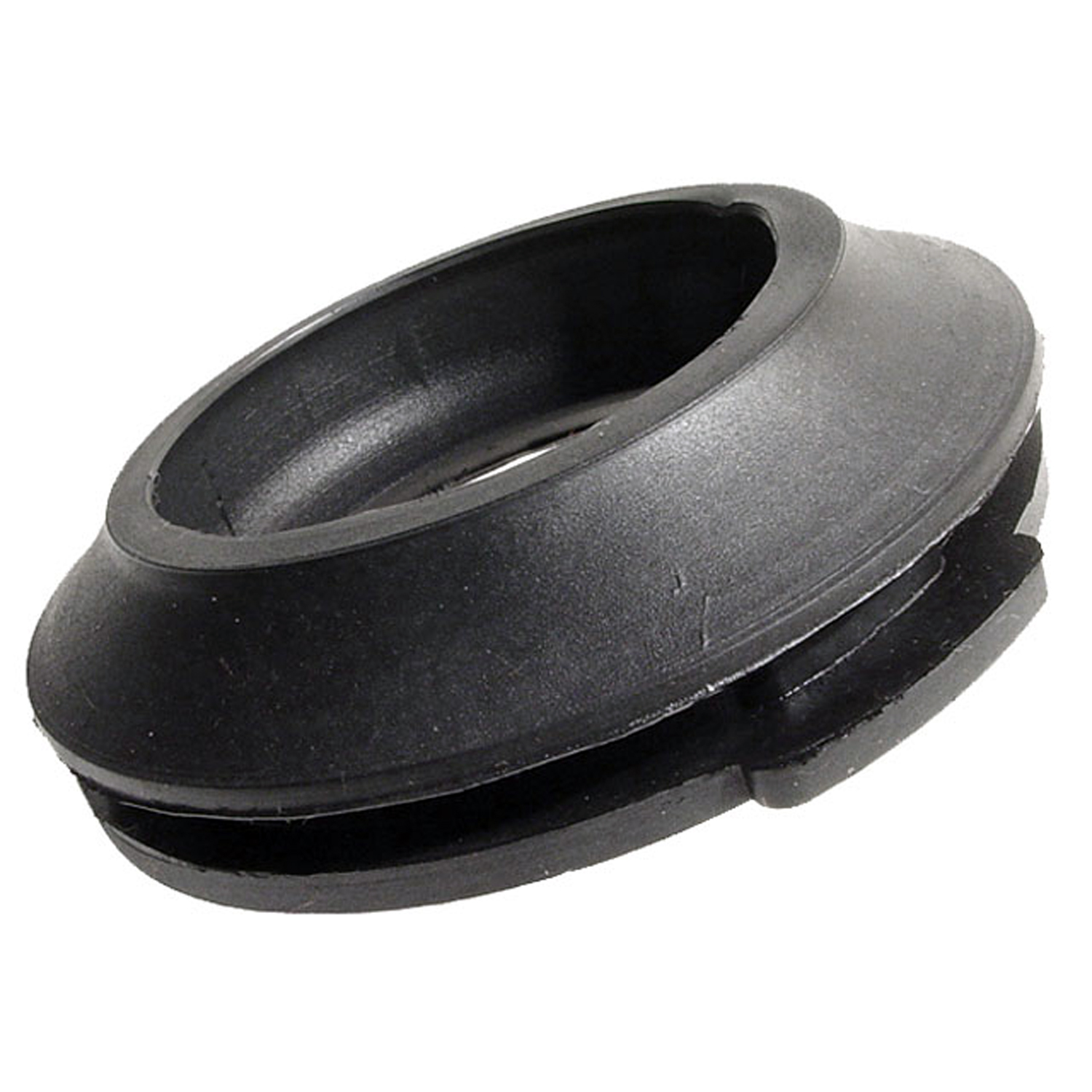 1951 Studebaker 2R17A Gas Filler Grommet. Perfect reproduction. Top 2-1/16" I.D-GF 45Gas Filler Grommet. Perfect reproduction. Top 2-1/16" I.D., 3-7/16" O.D. Each
1951 Studebaker 2R17A Gas Filler Grommet. Perfect reproduction. Top 2-1/16" I.D-GF 45Gas Filler Grommet. Perfect reproduction. Top 2-1/16" I.D., 3-7/16" O.D. Each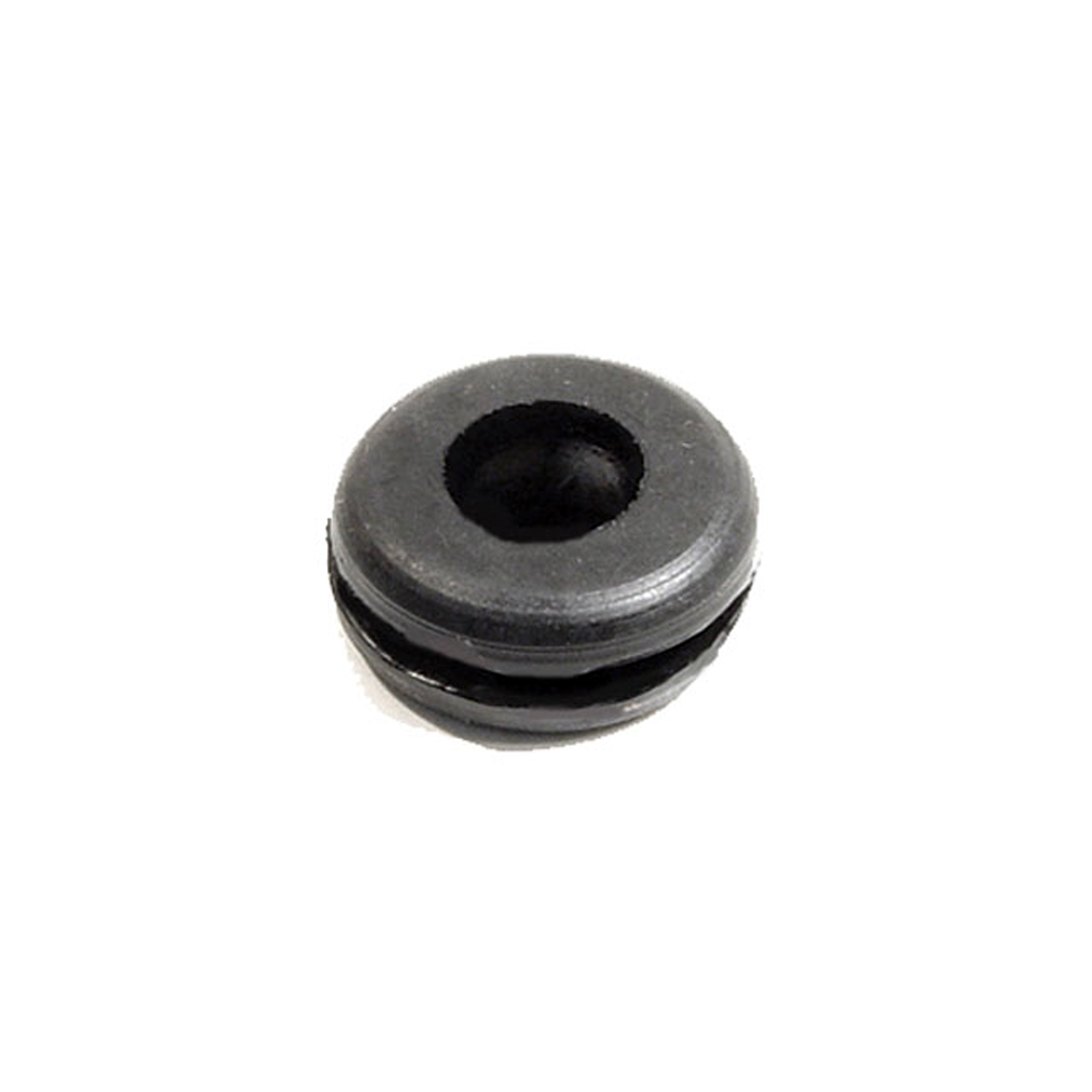 1951 Studebaker 2R17A Headlight & Tail-Light Wire Grommet. 3/8" I.D., 7/8" O.D-SM 13-AHeadlight & Tail-Light Wire Grommet. 3/8" I.D., 7/8" O.D. Each
1951 Studebaker 2R17A Headlight & Tail-Light Wire Grommet. 3/8" I.D., 7/8" O.D-SM 13-AHeadlight & Tail-Light Wire Grommet. 3/8" I.D., 7/8" O.D. EachWhy Choose Metro?
For over 100 years, Metro Moulded Parts has been the pinnacle of quality in classic car restoration parts. Our commitment to precision and authenticity in every component ensures a perfect fit and an OEM-level appearance.
- Expert Craftsmanship & Quality: Each part is a testament to our dedication to reliability and perfection, crafted from original designs and thoroughly tested.
- Advanced Technology: We use cutting-edge techniques to create flawless, long-lasting parts that surpass others in performance.
- SuperSoft Sponge – The Ultimate Door Seal: Not only are our door seals 30% softer than competitors', but they're also guaranteed to never leak. They effectively reduce wind and road noise, enhancing your classic car's comfort and driving experience.
- Proudly American: Our parts are a product of American craftsmanship, made in the USA with a spirit of excellence and heritage.
- Unrivaled Warranty: We back our products with a 30-year industry-leading warranty, a testament to our confidence in their quality.
Join us in preserving the legacy of classic cars with parts that are crafted for perfection, not just made.

